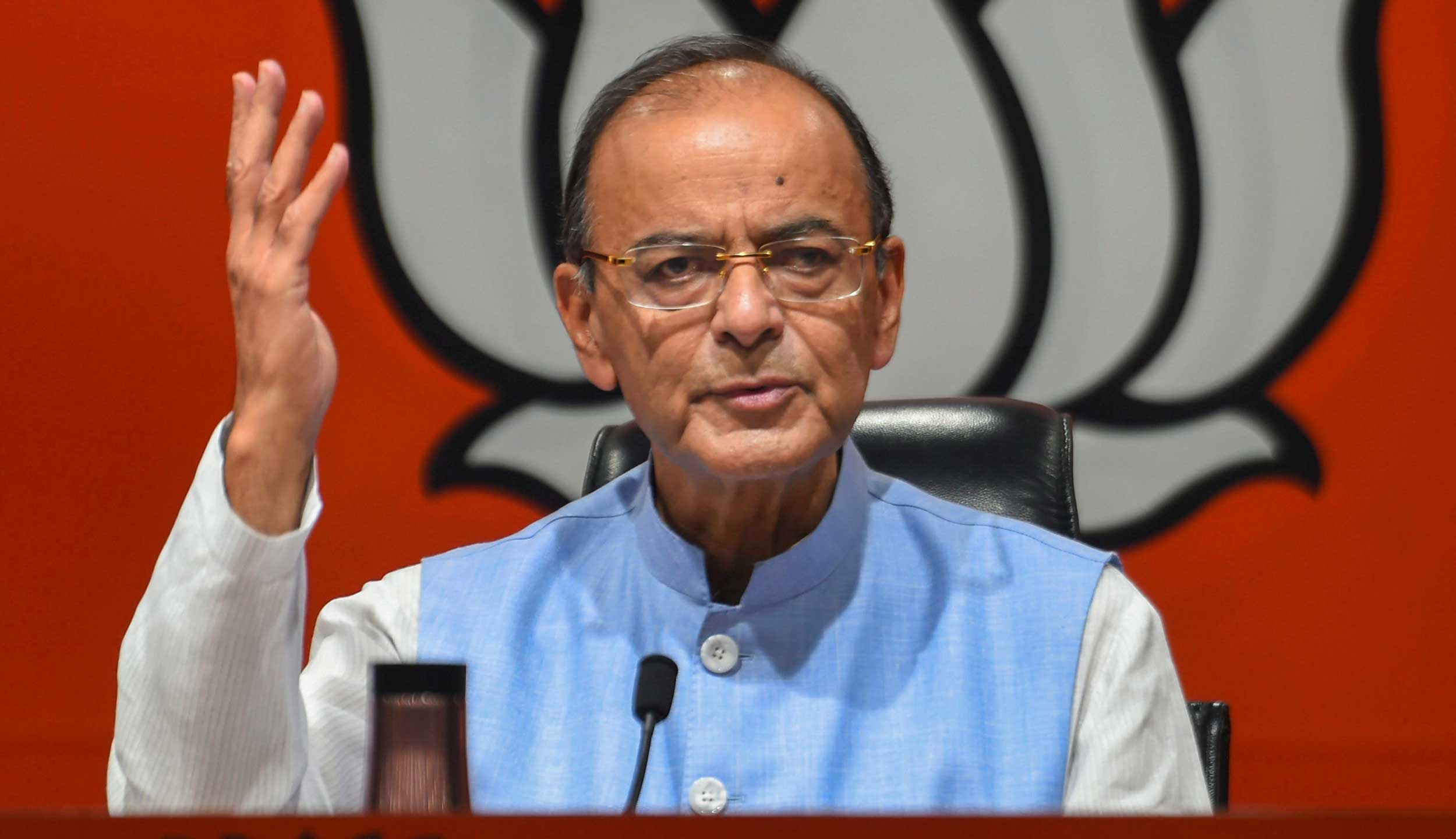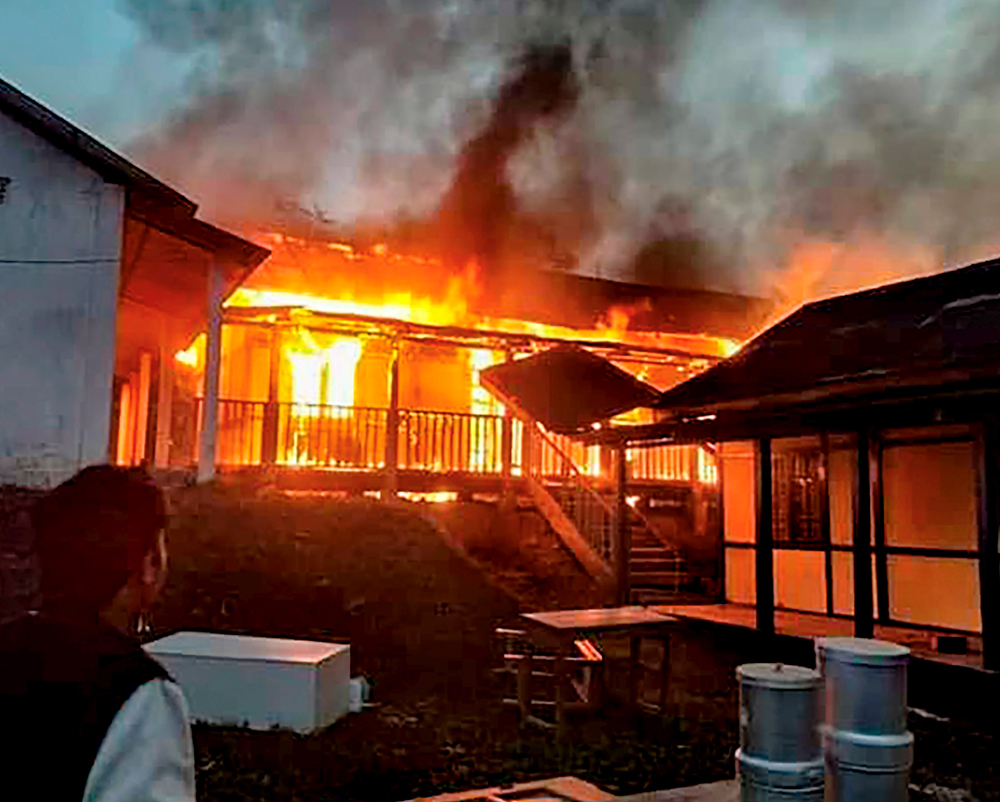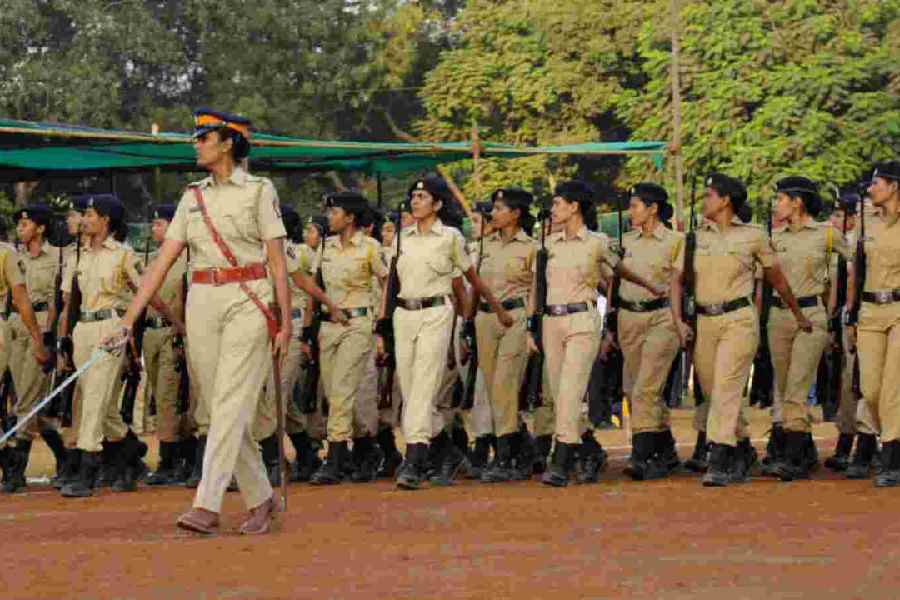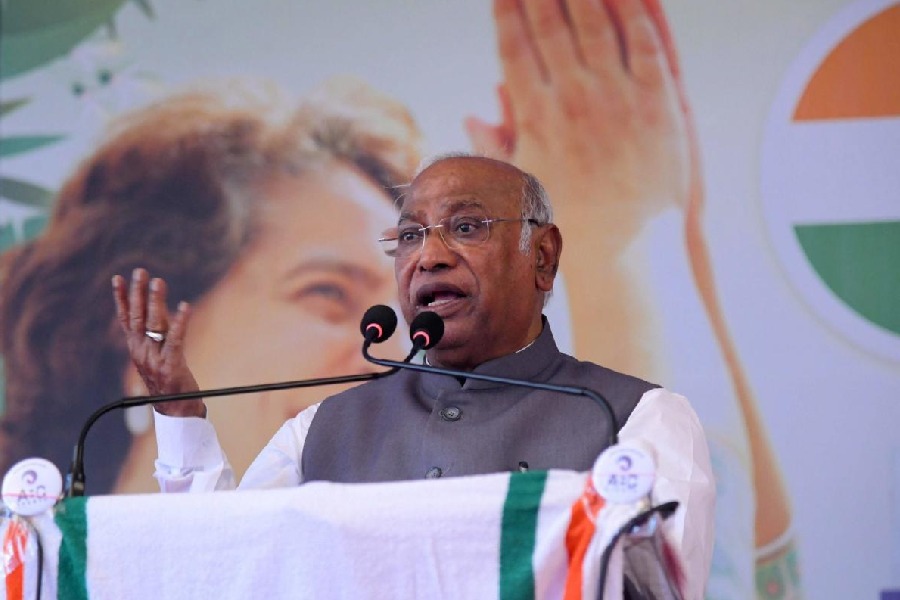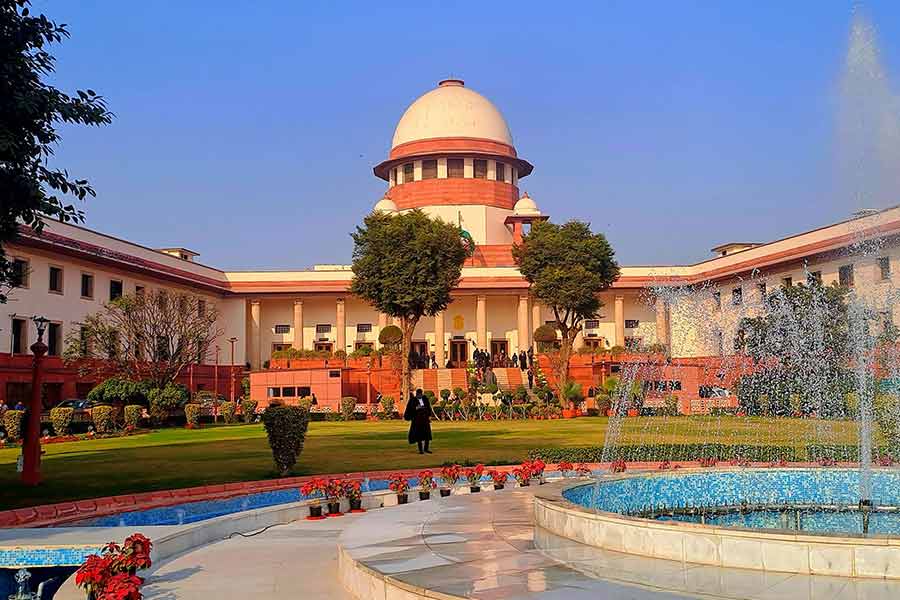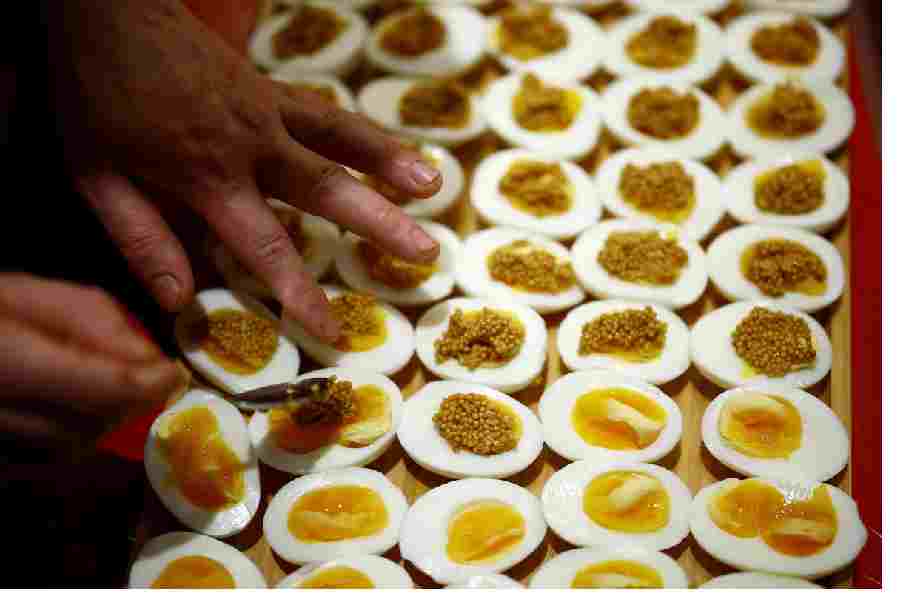Finance minister Arun Jaitley on Thursday accused Jawaharlal Nehru of “surreptitiously” inserting Article 35A into the Constitution and claimed it was hampering the economic development of Jammu and Kashmir.
Under Article 35A, only permanent residents of Jammu and Kashmir can acquire immovable property in the state or secure government jobs or scholarships there. Its validity has been challenged recently through a writ petition in the Supreme Court.
Jaitley’s remarks came on a day Prime Minister Narendra Modi addressed a poll rally in Akhnoor, Jammu.
Jaitley said most Indians believe that the course Nehru charted for the northern state had proved a “historical blunder”.
He credited the Narendra Modi government with implementing the rule of law in Kashmir with its “out-of-(the)-box thinking”, which was in “consonance with the ground reality”.
Jammu and Kashmir is under President’s rule — after a six-month spell of governor’s rule since last June — and the Union cabinet takes all the policy decisions relating to the militancy-hit state.
“Article 35A was surreptitiously included by a Presidential Notification in the Constitution in 1954,” Jaitley said in a Facebook blog.
“It was neither a part of the original Constitution framed by the Constituent Assembly, nor did it come as a Constitutional Amendment under Article 368 of the Constitution which requires an approval by two-third(s) majority of both Houses of Parliament. It came as a Presidential Notification and is a surreptitious executive insertion in the Constitution.”
Jaitley argued that Article 35A was hampering the economic development of Jammu and Kashmir by preventing people who are not permanent residents from buying property in the state.
“The state does not have adequate financial resources. Its ability to raise more has been crippled by Article 35A. No investor is willing to set up an industry, hotel, private educational institutions or private hospitals since he can neither buy land or property nor can his executives do so,” he wrote.
“Article 35A, which is constitutionally vulnerable, is used as a political shield by many but it hurt the common citizen of the state the most. It denied them a booming economy, economic activity and jobs.”
Jaitley accused the state’s regional parties of letting their people down and disappointing the rest of the country by failing to distance themselves from the separatists.
“The two major mainstream parties, even when they condemned terrorism, it was always with ‘ifs’ and ‘buts’,” he said. “It is for this reason that their own space has shrunk. This is the country’s disappointment with them.”
Jaitley claimed that the current administration’s crackdown on Hurriyat leaders and outfits like the Jamaat-e-Islami and the Jammu and Kashmir Liberation Front had popular support.
“All this has witnessed insignificant protest, no mass stone-throwing incidents, reduction in domestic recruitment to terrorist organisation,” he said.
Jaitley sought to paint a picture of normality in the state under central rule. “Today, the government offices are opening and working regularly. Attendance has gone up. Several corrupt officials have been booked and are in prison,” he wrote.
“The separatists and the terrorists have been badly hit. The two mainstream parties are only giving television bytes and their activities are confined to social media. The people of the state are welcoming the steps taken.”
Jaitley has been writing blogs regularly in an effort to provide an intellectual underpinning for the BJP’s general election campaign.

